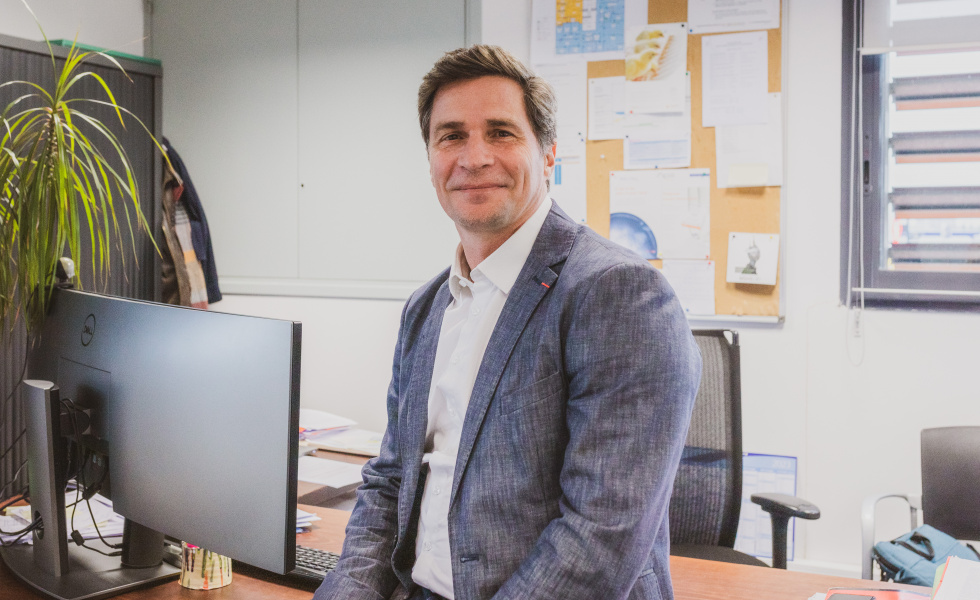Type 2 diabetes is a slow-moving, silent disease whose warning signs will soon be able to be detected without the need for a blood test, thanks to a simple urine dip test currently under clinical trial at the
Montpellier CHU University Hospital.
Developed to combat the global health problem of type 2 diabetes, this innovation was developed by the
Sys2Diag joint research laboratory in Montpellier, which was created through an alliance between the French
National Center for Scientific Research (CNRS) and the
ALCEN group. They patented the test together.
This is a fine example of cross-fertilization across the public and private sectors, which could only have been achieved in Montpellier. The unique test is one of the applications made possible by the bio-machine designed by Sys2Diag.
Franck Molina, the laboratory’s director, was awarded the CNRS Innovation Medal in 2020 for this totally revolutionary biological, but not living, computer.
Sys2Diag is representative of the dynamics fostered by
MedVallée, the hub for excellence in global health. This public-private laboratory had already designed
EasyCov, a salivary screening test for Covid-19 that it developed in record time – just three months. Franck Molina credits this achievement to the ecosystem mobilized by MedVallée in the Montpellier Métropole area.
“MedVallée is an innovation booster, beneficial to both public research and private companies. It is not enough to simply produce knowledge for it to function, you also need the right environment - innovative and responsive - so that the public can benefit from it. We have that in Montpellier,” he observes.
The laboratory was able to create EasyCov so quickly thanks to partnerships forged with the Montpellier group
Vogo, the Montpellier CHU University Hospital, a Sys2Diag distributor, and international partners who joined the project.
What’s more, the success of EasyCov resulted in the expansion of Sys2Diag’s staff (now 45 people) with the arrival of teams from Tronico, another ALCEN subsidiary, to develop an innovation center specifically for the diagnostics sector.
The MedVallée initiative creates a virtuous circle.
“When an ecosystem shows its ability to innovate, it attracts research funding, start-ups, and new companies, and it helps players recruit and retain talent. We actually have all these resources in the Montpellier Métropole area,” says Franck Molina.
The region is overflowing with examples. The
Biopole Euromédecine cluster alone has earned two CNRS Innovation Medals: one for Sys2Diag’s director, and also
Claude Grison, director of ChimEco and scientific director of Bioinspir, a DeepTech startup that won the i-Nov innovation competition.
“Public and private entities both work better when they work together,” highlights Franck Molina. He says that it is a win-win situation for both sides: “The private sector shows researchers that their work is relevant and useful. At the same time, researchers enrich private sector efforts with scientific knowledge, which is a source of competitiveness and differentiation.”
That summarizes MedVallée nicely.



